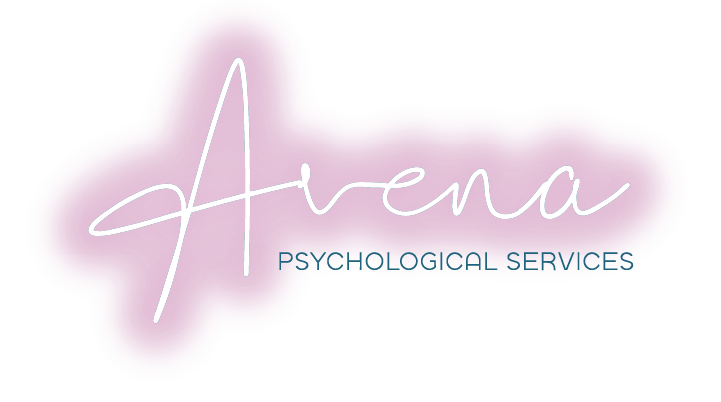Relationships are one of the most important aspects of our lives. They provide us with love, support, and companionship. However, sometimes relationships can be challenging, and it can be difficult to navigate through conflict and communication issues.
If you’re struggling in your relationships, individual therapy can be a helpful resource.
What is Individual Therapy for Relationship Issues?
Individual therapy for relationship issues is a type of talk therapy that can help you improve your relationships with others. During therapy, you will work with a therapist to explore the challenges you’re facing in your relationships.
You may discuss your communication patterns, conflict resolution skills, and attachment styles.
Here are some signs that you might benefit from individual therapy for relationship issues:
- You’re constantly arguing with your partner(s).
- You feel disconnected from your partner(s).
- You have difficulty setting boundaries in your relationships.
- You experience jealousy or possessiveness in your relationships.
- You have difficulty trusting your partner(s).
- You feel like you’re walking on eggshells around your partner(s).
- You’re considering ending a relationship but are unsure what to do.
- You’re struggling to move on from a past relationship.
How Can Individual Therapy Help?
Individual therapy can help you in a number of ways, including:
- Improving your communication skills. A therapist can teach you how to communicate more effectively with your partner(s).
- Developing healthier coping mechanisms. They can help you develop healthier ways to cope with conflict and stress.
- Gaining insight into your own behavior. They can help you understand your own patterns and how they impact your relationships.
- Setting boundaries. They can help you set healthy boundaries in your relationships.
- Building self-esteem. They can help you build your self-esteem and confidence.
What to Expect in Therapy
Individual therapy is a collaborative process. You and your therapist will work together to set goals for your therapy. Your therapist will use a variety of techniques to help you reach your goals, such as cognitive-behavioral therapy (CBT), interpersonal therapy (IPT), and mindfulness.
Contact us to schedule an appointment with a professional in New York or New Jersey.

